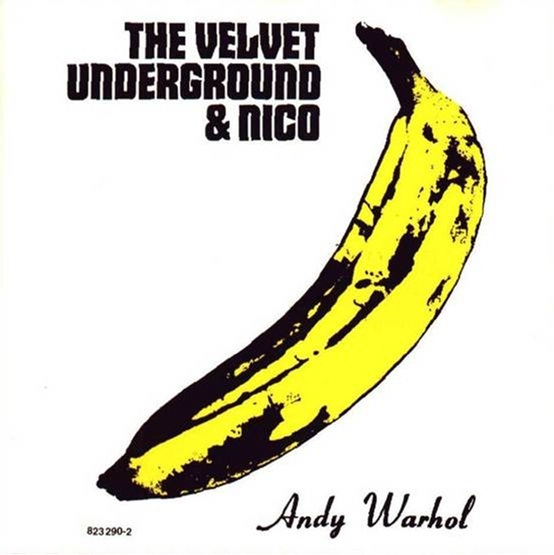To celebrate the recent 50th anniversay of the classic 1967 debut album by The Velvet Underground and Nico, we revisit Sam Chamberlaine’s review of the deluxe box set released in 2012.
When Lou Reed and John Cale came together to create this experimental and improvisational style of performing and recording, they were unaware they were about to make such a pioneering impact on music. What started out as beat style poetry amidst a gentle rhythm, of dronings, hums, ostrich-style guitaring and experimental loops, began to etch out the foundations for the future Velvet Underground.
This groundbreaking relevant and timeless album, originally received with skepticism and disapproval is now regarded as one of the most important albums of all time, influencing bands including: David Bowie, Can, The Stooges, Roxy Music, The Strokes, R.E.M. The Velvet Underground were the beginning of a counter cultural movement that went on to open up the boundaries and redefine avant garde with this experimental, leftfield, expressionist, art music.
The first track credited to them, Loop, was released as part of a multimedia art magazine designed by Andy Warhol, Aspen, which was made in the image of a FAB laundry detergent packet. All this was a representation of 60s counter culture, defiant, non-conventional, alternative. The dynamic energy of these songs paint droning textures of darkness and light, with this range and style they encompass a versatile expression, they often take turns into the darker corners of the psyche, with, ‘Venus in Furs’, ‘All Tomorrows Parties‘ and ‘Heroin‘ or they delve into brighter more esoteric experiences with, ‘Sunday Morning’.
At the time of release, the album sold barely 10,000 copies, but was an underground phenomenon, and as Brian Eno put it, ‘I think everyone who bought it formed a band.’ In the Sceptor sessions, you can hear the experimental developments coming through in ‘European Son‘, with a thunderous drum roll and breaking glass, ‘The Black Angel Song‘, carries disgruntled angels, with hissing and skillfully disjointed violas. The Sceptor sessions, recorded by Norman Dophe, are a testament to John Cale’s creative insight and the ingenuity of the Velvet Underground. Lou Reed has also acknowledged Andy Warhol’s influence, as he gave them the artistic space and freedom of self-determination, to invent and discover their own sound.
In the Factory Rehearsal recordings, Jan 3rd, 1967, you can also hear tracks, ‘Walk Alone‘, and ‘Miss Joanie Lee’, a previously unreleased track. An 11 minute tumbling, rolling sound, of guitars and percussion, a studio improvisation, really reminiscent of Can, raw and alive.
The Factory Rehearsals include a version of; ‘There She Goes Again,‘ you can hear Nico exclaiming, “I have to learn that”. It is an acoustic version, with Nico singing vocals. The Factory Rehearsals give a glimpse of being there in the studio, this kind of living performance, as the sound is developed in its early stages for the album. These recordings capture the energy and importance of a moment, with a faint hiss in the background.
The Super Deluxe edition also includes both stereo and mono versions of the album, with a few alternative mixes. Nico’s solo album, that was released just 6 months later, ‘Chelsea Girl‘, The original Scepter Studio acetates, (originally cut April 25th 1966) that went on to form some of the original recordings for the final album, previously unreleased recordings from The Factory Studios, an 88 page booklet with an essay by biographer Richie Unterberger and a live recording from Valleydale Ballroom in 1966.




